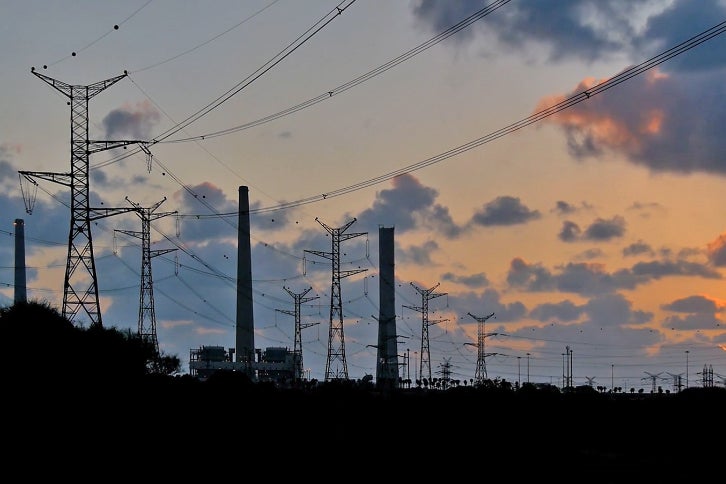
Avangrid, Inc. (NYSE: AGR), a leading sustainable energy company and part of the Iberdrola Group, has announced a pilot project with LineVision, Inc. to unlock additional capacity on its transmission lines for renewable energy in New York state. The project will deploy advanced monitoring for overhead transmission lines in the Hornell, N.Y. area with the goal of reducing grid congestion by providing real-time data on where additional power can safely flow through the existing transmission infrastructure. This critical data and visibility could aid in linking more renewable energy resources into New York’s electrical grid and supporting the state’s clean energy goals.
The amount of energy that electric transmission lines can safely carry is variable. Historically, the lines have been operated using “static” line ratings that tell grid operators a lines’ energy capacity based on conservative and fixed values for assumed weather conditions. However, now with LineVision’s advanced monitoring Avangrid will be able to see real-time data, allowing for more flexibility to safely increase the amount of energy flowing through the transmission lines based on current conditions. The advanced monitoring provides “dynamic” line ratings (DLR), which determine capacity limits of the power lines by combining real-time properties such as sag, temperature and forecasted weather conditions. This results in more informed grid operations and increased carrying capacity of the transmission lines without needing to make any large grid upgrades.
As part of the project, LineVision will partner with Avangrid’s electric utility operating company New York State Electric & Gas (NYSEG) to install non-contact LiDAR sensors to monitor overhead transmission lines, accelerating renewable energy adoption and progressing toward the state’s Climate Leadership and Community Protection Act (CLCPA) goals. The sensors will be installed on two of the company’s transmission lines: One runs from Elma (Erie County) to Strykersville (Wyoming County), and the other line runs from Warsaw to Perry (both in Wyoming County).
Funding for the project was awarded to Avangrid and LineVision through round two of NYSERDA’s Future Grid Challenge program. The program addresses a recommendation contained in a Department of Public Service order released in January 2022 for the deployment of advanced transmission and distribution technologies for improved transmission utilization while supporting New York’s CLCPA goal to achieve 70% renewable electricity by 2030.
Pedro Azagra, CEO of Avangrid said, “Decarbonizing our region and nation will require critical investments in transmission and distribution infrastructure. This pilot project is just one example of how we’re working to modernize the grid and enhance reliability and resiliency across our service areas for our customers. We’re proud to be making strategic and critical investments that will enable New York’s climate goals, help mitigate the impacts of climate change and increase access to renewable energy.”
Hudson Gilmer, CEO and co-founder of LineVision said, “We are thrilled to have been chosen to take part in this important project. By multiple accounts, we must double the size of the power grid to have any hope of meeting critical climate goals. Our technology has helped our utility customers identify between 25-40% additional capacity on existing lines which helps accelerate a transition to renewables. We are excited to work with Avangrid and NYSERDA to help optimize New York’s grid.”
Patricia Nilsen, president and CEO of NYSEG and RG&E said, “We have been an anchor institution in our communities for more than a century. We know that we have a critical role in building a smarter, more resilient network that will enable us to deliver clean energy to more customers. Investments in innovation like this are very exciting because it will benefit our customers in multiple ways.”
The CLCPA calls for an additional 10,000 MW of solar capacity and 9,000 MW of offshore wind capacity. These aggressive goals, as well as the goals set forth by the recently passed Inflation Reduction Act, would likely cause significant congestion on transmission lines. To ensure reliability of the system, reduce cost of congestion, and allow faster integration of renewables, implementation of DLR solution could play a vital role.






